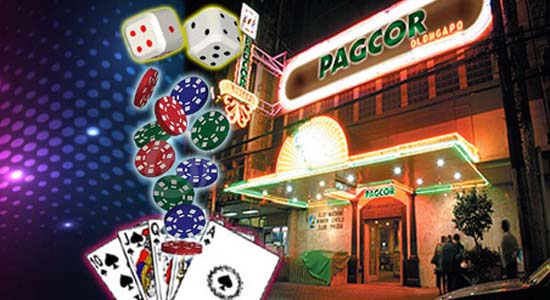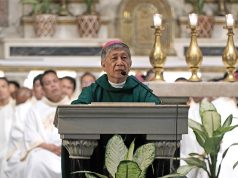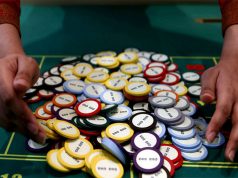Experts at times refer to it as a “hidden addiction” because, unlike drug and alcohol abuse, gambling addiction is more difficult to spot even though its effects are no less insidious.
Randy Dellosa, a psychiatrist, says: “Gambling addiction is very common, although we tend to consider it as a hidden addiction, just because most people don’t actually seek help for it. It’s one of the more challenging addictions, because, unlike drugs or alcohol, the effect of which is quite obvious and dramatic, with gambling, addicts just disappear and stay in casinos.”
Dellosa said there is a shortage of reliable statistics on the prevalence of gambling addiction in the Philippines due, understandably, to under-reported cases but it remains a pressing problem just the same.
To spot a gambling addict, Dellosa cited three criteria:
First is the obsession that one’s life completely revolves around gambling.
Second, the uncontrollable desire to gamble, and
Third, the worsening cascading situation as losses continue to pile up.
As it is difficult to expect an addict to voluntarily turn himself in, Dellosa explained that families should gently approach their loved one about the issue.
“Addicts are all the same, whether they are into substance addiction or process addiction. It will cause consequences on the life of the individual and the people around them, so it is equally dangerous.”
The state casino regulator PAGCOR (Philippine Amusement and Gaming Corporation) stressed that it is promoting responsible gaming.
PAGCOR said that the Resorts World gunman Jessie Carlos was, in fact, one of the 450 names in their national database of restricted persons… which restricts gambling addicts from entering casinos: “We have an active 24/7 hotline handled by the security division that will address the concerns of relatives of gambling addicts and help coordinate with other relevant help desks.”
PAGCOR said its aim is to promote gambling merely as a form of entertainment and not as a means to destroy lives.










